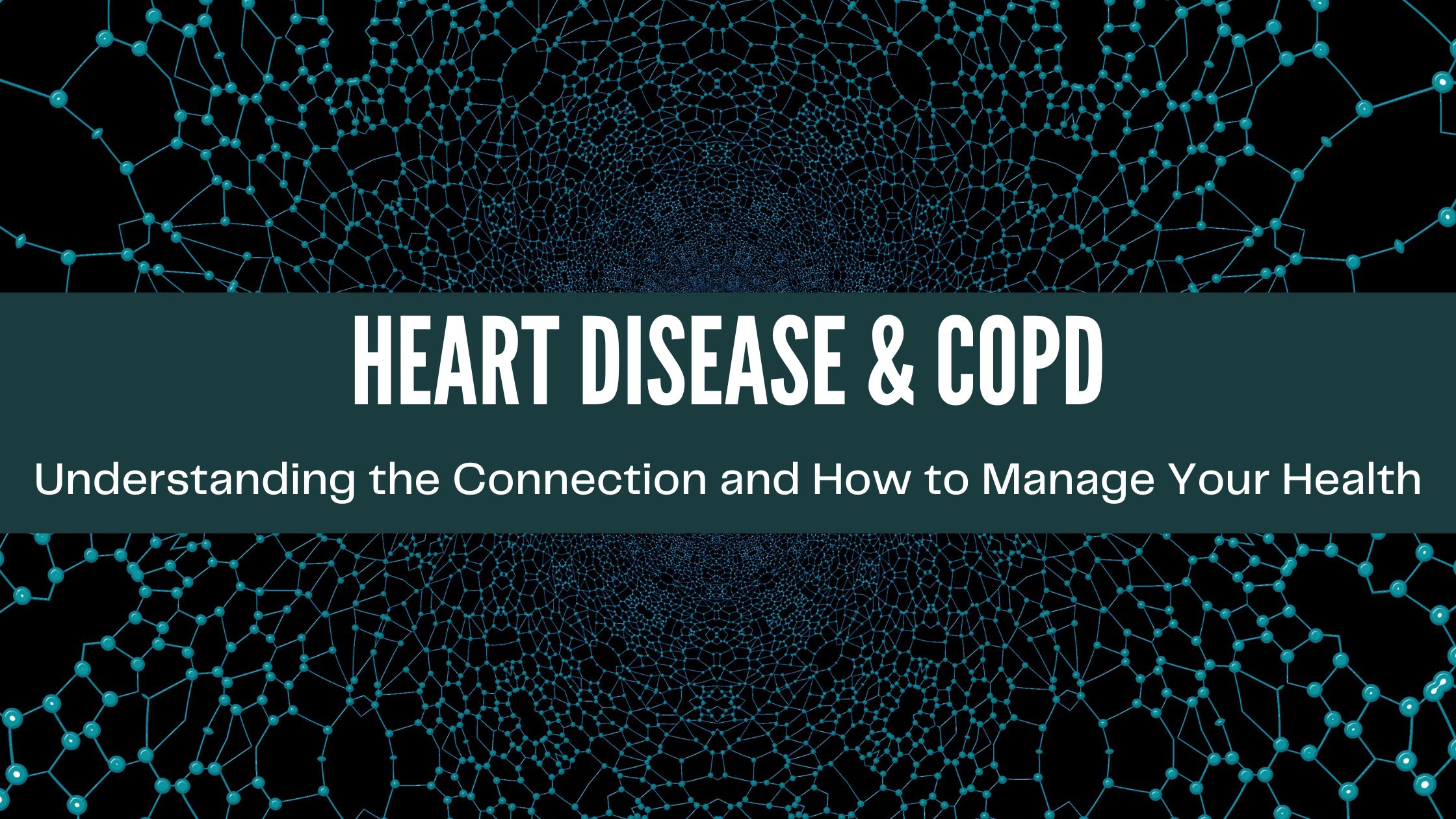
It's long been known that COPD and heart disease are related, and that heart disease disproportionately affects people with COPD. Researchers estimate that at least one-third of people with COPD suffer from coronary artery disease (the most common type of heart disease) and millions more suffer from other chronic heart conditions.
{{cta('fa8abc2a-1e88-4fa3-82fd-1cb5b9ed43b2','justifycenter')}}
Unfortunately, heart disease and COPD can be a particularly difficult pair to manage, not only because they are both serious diseases, but also because they affect one another in a multitude of ways. COPD can make heart disease symptoms worse and visa-versa, which can make it exponentially harder to cope with both conditions at once.
Having heart disease can even affect your COPD treatment, including what medications you're prescribed and what kinds of lifestyle changes your doctor recommends. Heart disease also heightens your risk for a variety of COPD-related health complications and, if they occur, heart disease can make those complications much worse.
In this post, we're going to take a closer look at the relationship between chronic heart disease an COPD, and what it means for people who have both diseases. We'll also discuss strategies for managing the two conditions together, including how to reduce your symptoms and take good care of your heart and lungs.
We'll also discuss:
- Why people with COPD are more prone to heart disease (and why people with heart disease are more prone to COPD)
- How heart disease can affect lung function and worsen COPD
- How heart disease can affect COPD patients' hospitalization and mortality risks
- What kinds of additional health problems you should look out for if you have COPD and heart disease
- How to manage your COPD and heart disease medications and avoid dangerous drug interactions
- How to choose foods that boost your heart and lung health
- How to work with a multi-disciplinary treatment team to manage both diseases
- How quitting smoking can improve your heart disease and COPD
- How to make other healthy lifestyle choices to keep your heart and lungs as strong as possible
The Relationship Between COPD and Heart Disease
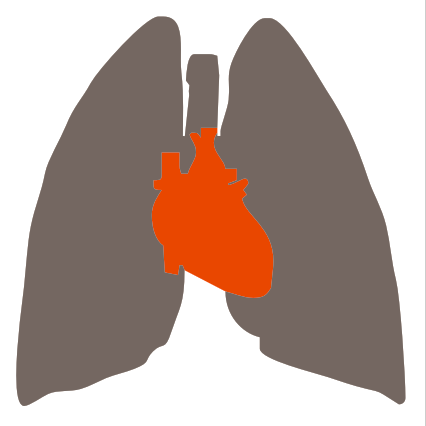
COPD and chronic heart disease are connected by a multitude of different factors that help to explain why so many people end up with both diseases. In the following sections, we'll examine how, why, and to what extent they are related, including how the diseases affect one another and how they affect your ability to breathe.
But before we go any further, it's worth taking a moment to define exactly what we mean when we talk about heart disease. After all, heart disease is a broad term that can be used to describe a wide variety of acute and chronic heart conditions, and only some of them are significantly related to COPD.
Defining Heart Disease
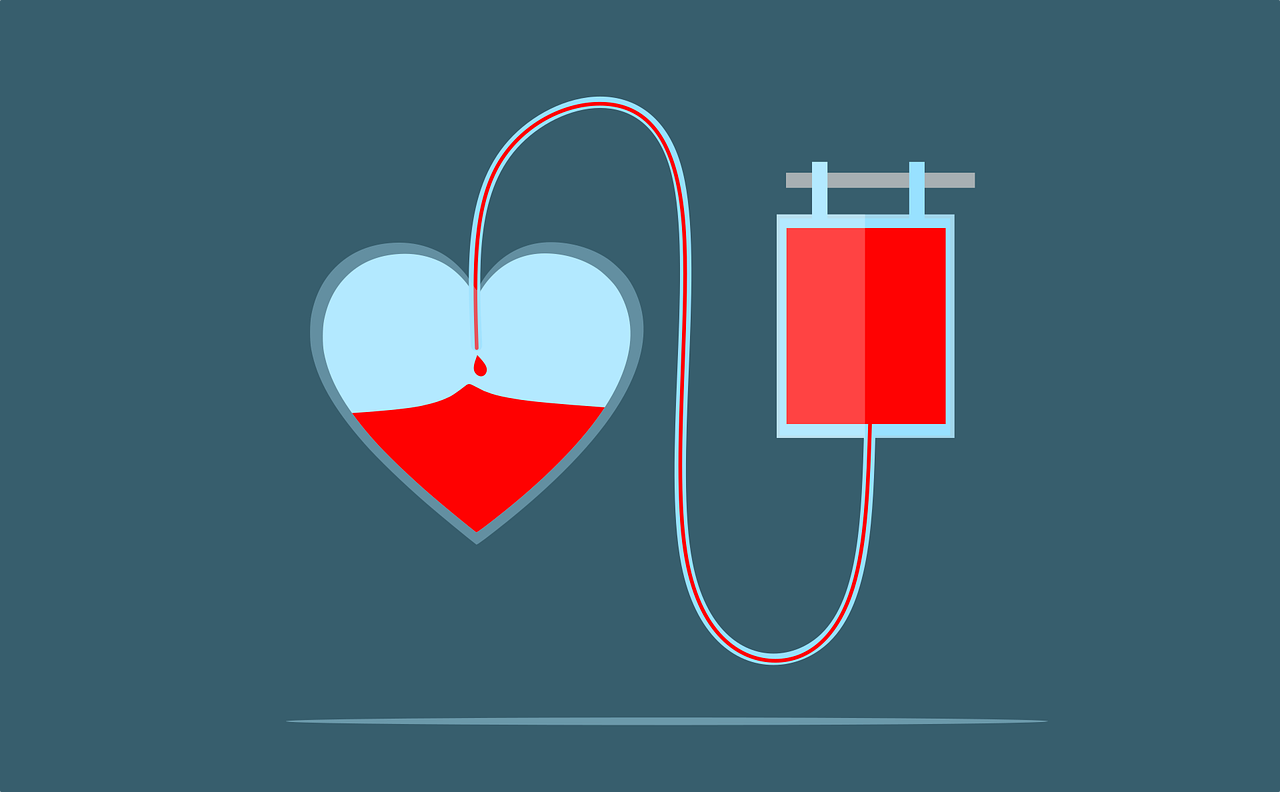
In the strictest medical sense, heart disease includes everything from rare congenital heart defects to heart attacks and (certain types of) cardiovascular diseases. Coronary artery disease is the most common type of heart disease, and the one that people most often associate with the term “heart disease.”
Throughout this guide, we will primarily discuss cardiovascular heart diseases, which are diseases involving both the blood vessels and the heart. In particular, we'll focus on two of the most common and serious heart diseases that affect people with COPD: coronary artery disease (also known as coronary heart disease or ischemic heat disease) and its more serious cousin, chronic heart failure (also known as congestive heart failure or simply heart failure).
Both of these diseases are strongly associated with other cardiovascular problems like high blood pressure, atherosclerosis, heart attacks, and stroke (which we will also discuss to a lesser extent throughout this guide). Chronic heart failure and coronary artery disease share many other characteristics as well, including similar symptoms, treatments, risk factors, and underlying causes.
More specifically, coronary artery disease (CAD) is caused by plaque buildup in the arteries that carry blood to the heart, which can happen as a result of many different factors, including age, lifestyle, genetics, smoking, and co-existing health problems. CAD is the most prevalent type of heart disease in the US by far, affecting more than 13 million adults, or 6.7 percent of the entire US population over 20 years old.
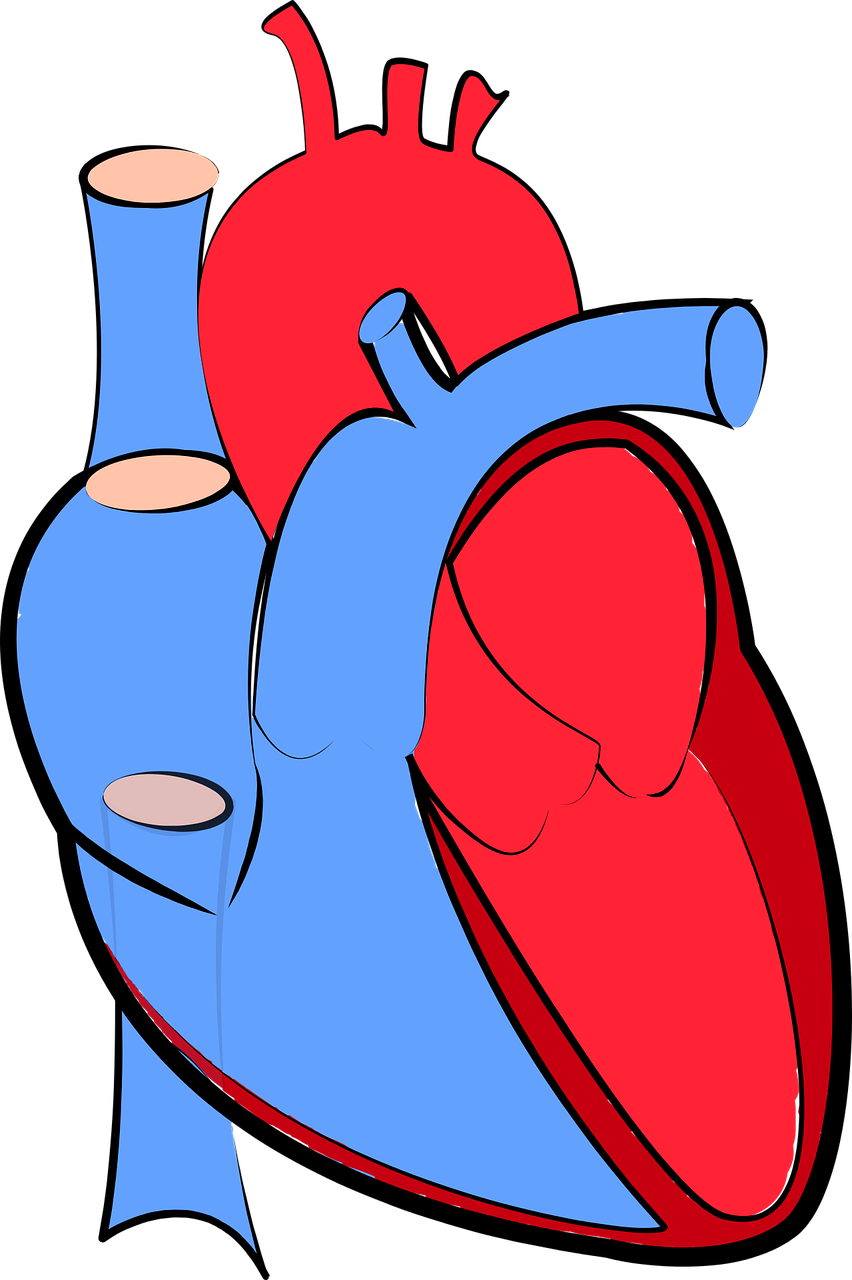
Coronary artery disease is the number one cause of chronic heart failure (CHF), which affects at least 5 million adults in the US. CHF occurs when the coronary arteries get so clogged up with plaque that bloodflow to the heart—and the rest of the body—becomes severely restricted.
Experts consider coronary artery disease and chronic heart failure to be two of the most important heart diseases affecting people with COPD. This is partially due to the fact that they affect such a large number of COPD patients, and partially because these diseases affect the respiratory system in several major ways (which we will discuss in more detail in the following sections).
How Common is Heart Disease in People with COPD?
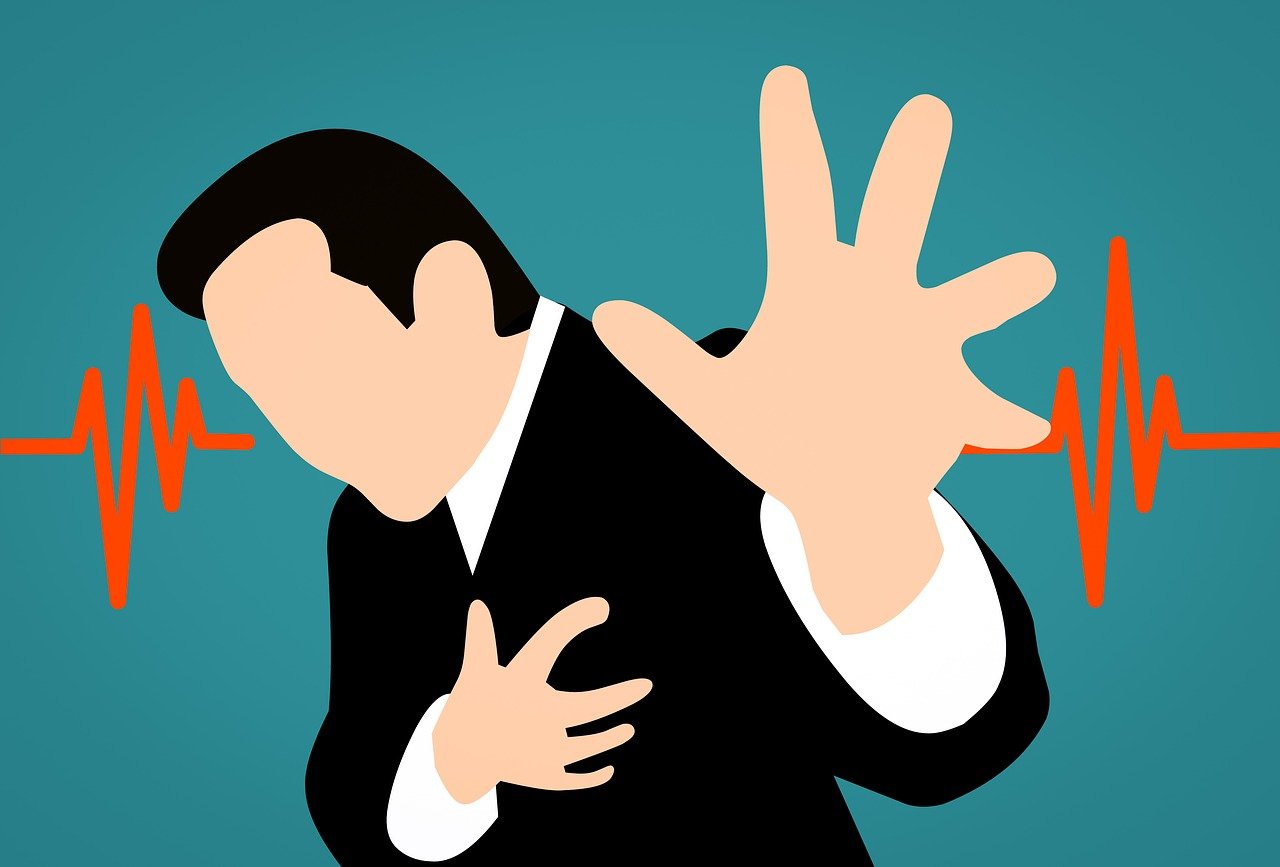
Studies show that people with COPD are more prone than the general population to heart diseases and cardiovascular diseases in general. In fact, researchers estimate that people with COPD are two to five times more likely to have a cardiovascular disease compared to adults without COPD.
Though the exact numbers vary between different populations, studies have found that up to 33 percent of people with COPD have coronary artery disease and up to 24% have chronic heart failure.
These diseases are so common among COPD patients that studies suggest—as a whole—people with COPD are more likely to die from cardiovascular diseases than any other cause. This is only true for those who die with mild to moderate COPD, however; people with severe COPD are more likely to die from respiratory causes.
Why Are People with COPD More Prone to Heart Disease?
There are many potential reasons why people with COPD experience such high rates of heart and cardiovascular diseases. These reasons include cardiovascular damage caused by COPD directly, respiratory damage caused by heart disease, and separate outside factors that link the two diseases.
Shared Risk Factors

First, COPD and heart disease share many of the same risk factors, which means that many people who get COPD are already prone to getting heart disease. In other words, many of the same things that can increase your risk for COPD—including age, smoking, and unhealthy lifestyle choices—can also increase your risk for heart disease.
The reverse is true as well; people with heart disease tend to have risk factors that also put them at risk for COPD. As a result, people with heart disease are more likely to have COPD than people without heart disease.
Here is a list of the major common risk factors for heart disease and COPD:
- Smoking
- Older age (especially over 65 years old)
- Diabetes
- Obesity
- Exposure to air pollution
Cardiovascular Strain Caused by COPD

Other studies show that the relationship between COPD and cardiovascular disease runs much deeper than shared risk factors, and that COPD itself is a risk factor for heart disease. Even when controlling for other risk factors (like age and smoking), people with COPD still have a substantially increased risk for heart disease compared to people without COPD
This isn't surprising, since the heart and lungs are directly connected and because they heavily depend on one another to do their jobs. In fact, the cardiovascular and respiratory systems are so inter-dependent that they're often described as a single “cardio-respiratory” system.
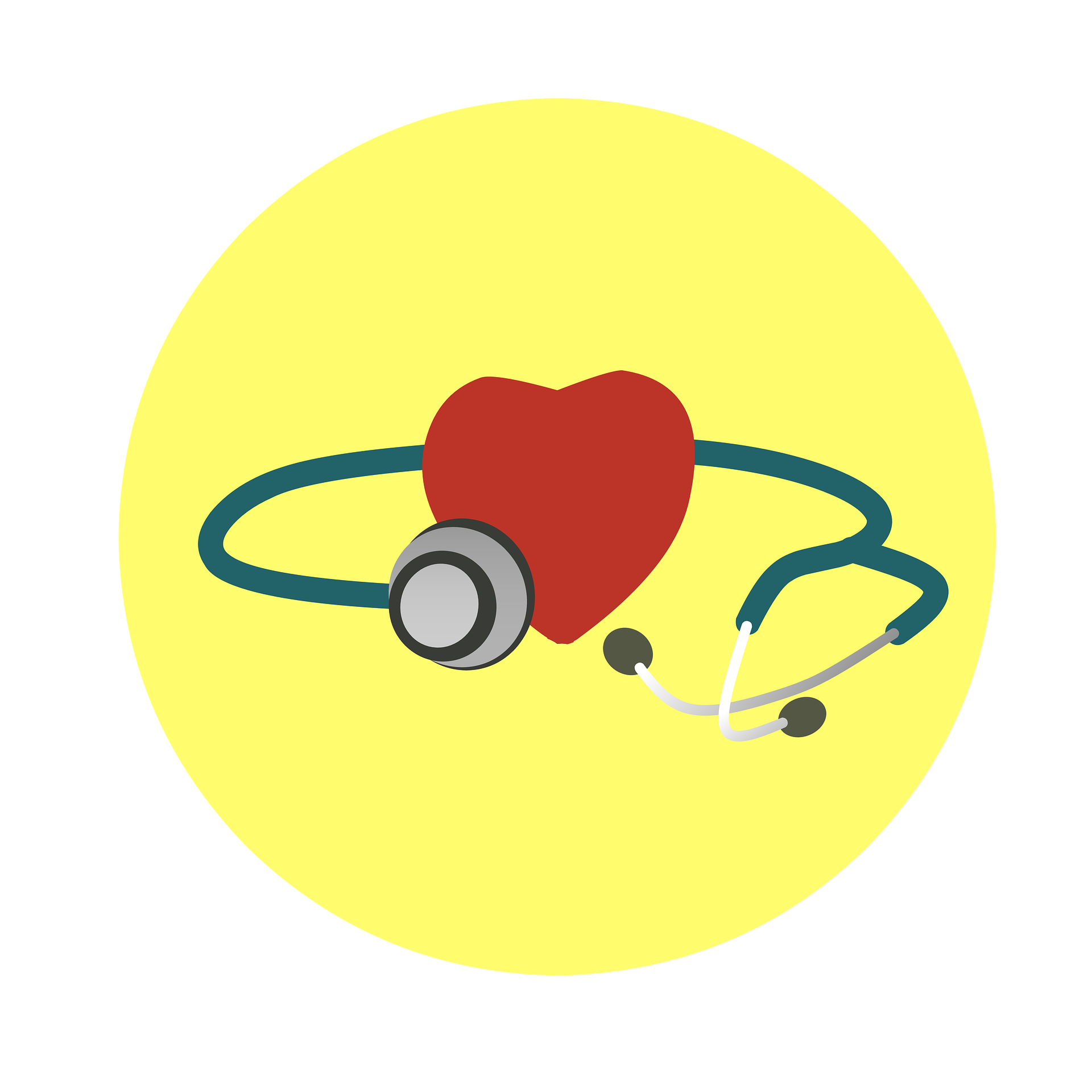
Here's a quick primer to highlight how this system works: The lungs' main job is to supply oxygen to the bloodstream and get rid of carbon dioxide (an oxygen waste product) from the blood. The heart's job is to pump oxygen-rich blood away from the lungs to the rest of the body, and pump oxygen-poor blood back to the lungs so it can get replenished with oxygen again.
This is a carefully-coordinated process, and if either organ cannot keep up with the body's metabolism, the other has to pick up the slack. So when the lungs are struggling because of COPD (or another respiratory disease), it puts extra strain on the heart that can damage it—and your entire cardiovascular system—over time.
Low Oxygen Levels Caused by COPD

COPD-related cardiovascular damage is usually most evident in later, more serious stages of COPD, when the lungs can no longer function well enough to supply an adequate amount of to oxygen to the blood (a condition known as hypoxemia). To make up for the low oxygen levels, the heart has to pump harder and faster than usual to ensure that all of the body's organs and tissues can still get the oxygen they need.
This can lead to a variety of cardiovascular problems, including blood vessel inflammation, high blood pressure, and an increased risk for heart disease. Research suggests the risk is even higher for those with more severe lung function impairment; for example, studies have found a strong association between lower lung lung function scores and a higher risk of heart failure.
Low blood oxygen levels can also affect blood circulation in the lungs by damaging capillaries, constricting blood vessels, and restricting blood flow through the lung's tissues. This can cause high blood pressure in the lungs and the arteries that feed them, a condition known as pulmonary hypertension.
Pulmonary hypertension makes it harder for the heart to pump blood into the lungs and causes back-pressure on the heart that gradually weakens it over time. Eventually, this can lead to right-sided heart enlargement and a specific type of right-sided heart failure known as cor pulmonale.
Inflammation Caused by COPD
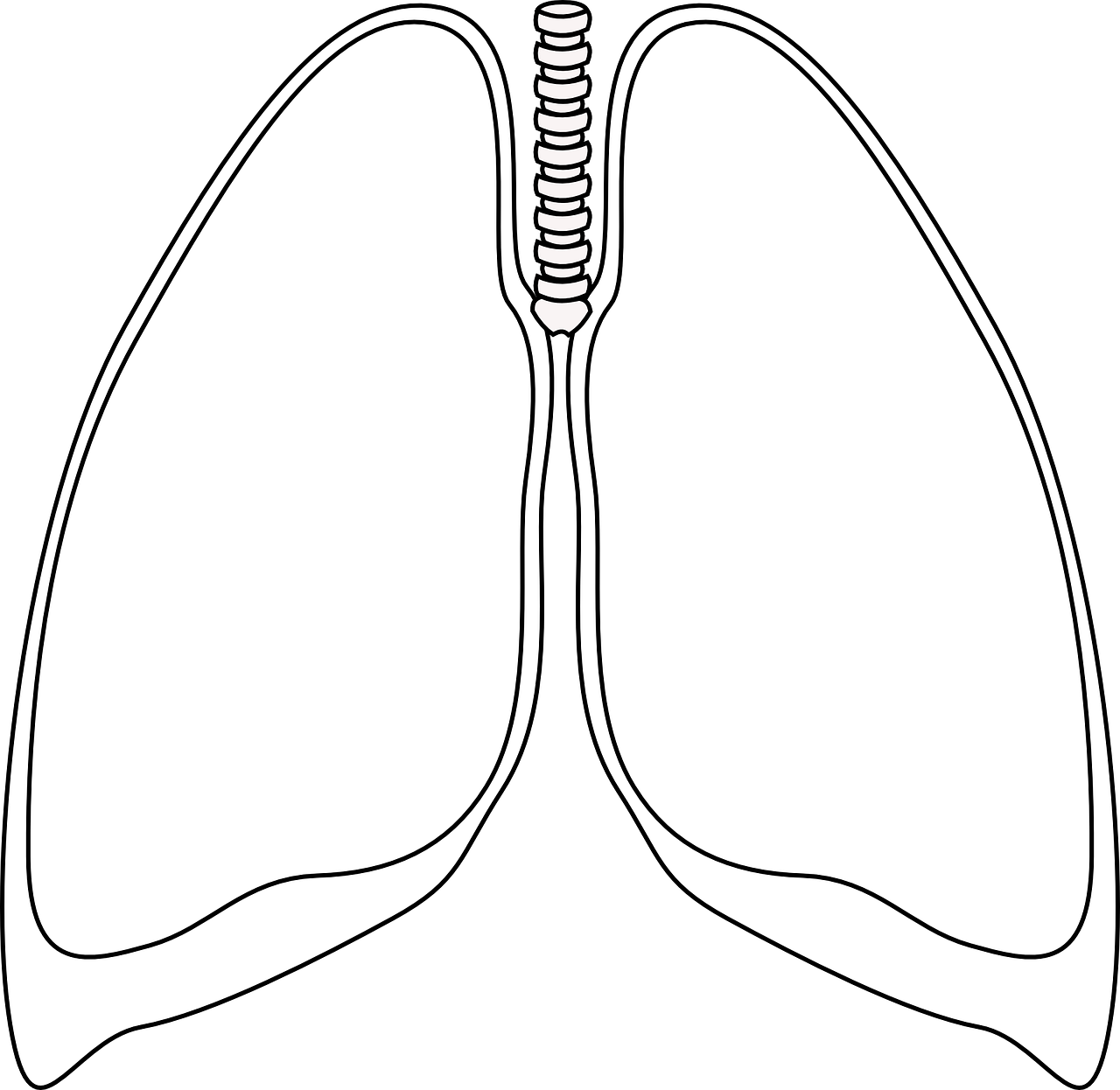
One of the main characteristics of COPD is inflammation in the lungs, but recent studies show that COPD can increase inflammation throughout the body as a whole (known as systemic inflammation). This includes inflammation in the blood vessels, which is a major characteristic of cardiovascular diseases like artherosclerosis and coronary artery disease.
While the relationship between inflammation and heart disease isn't totally clear, experts believe inflammation damages blood vessel walls and encourages plaque build-up in the arteries over time. This is likely one of the reasons—if not a primary reason—for the increased risk of cardiovascular disease among people with COPD.
How Does Heart Disease Affect People with COPD?
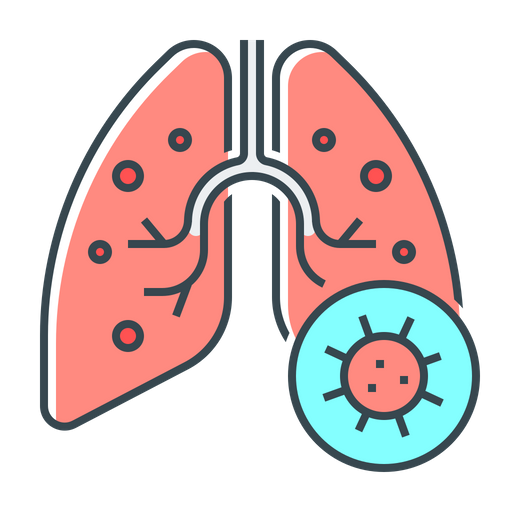
Just like COPD affects the heart, heart disease can affect the lungs, how well they can function, and your ability to breathe. Heart disease isn't likely to cause COPD if you don't already have it, but it can make COPD and its symptoms much worse.
As we've mentioned briefly already, both coronary artery disease and chronic heart failure impair the heart's ability to pump blood efficiently. This results in reduced bloodflow—and thus a reduced supply of oxygen—to the tissues all around the body.
This lack of oxygen forces the lungs to work harder in order to get more oxygen into the blood. This extra strain is especially hard for lungs affected by COPD to manage, since they are already damaged and already struggle to absorb oxygen efficiently.
Because the lungs have to work overtime to make up for the heart's poor performance, it takes less exertion to trigger trigger respiratory symptoms like shortness of breath. Over time, this can also increase the risk of complications related to poor cardio-respiratory function, including pulmonary hypertension (high blood pressure in the lungs), chronic hypoxemia (constantly low blood-oxygen levels), and cor pulmonale.
The Challenges of Managing Co-Occurring Heart Failure and COPD
Overlapping Symptoms
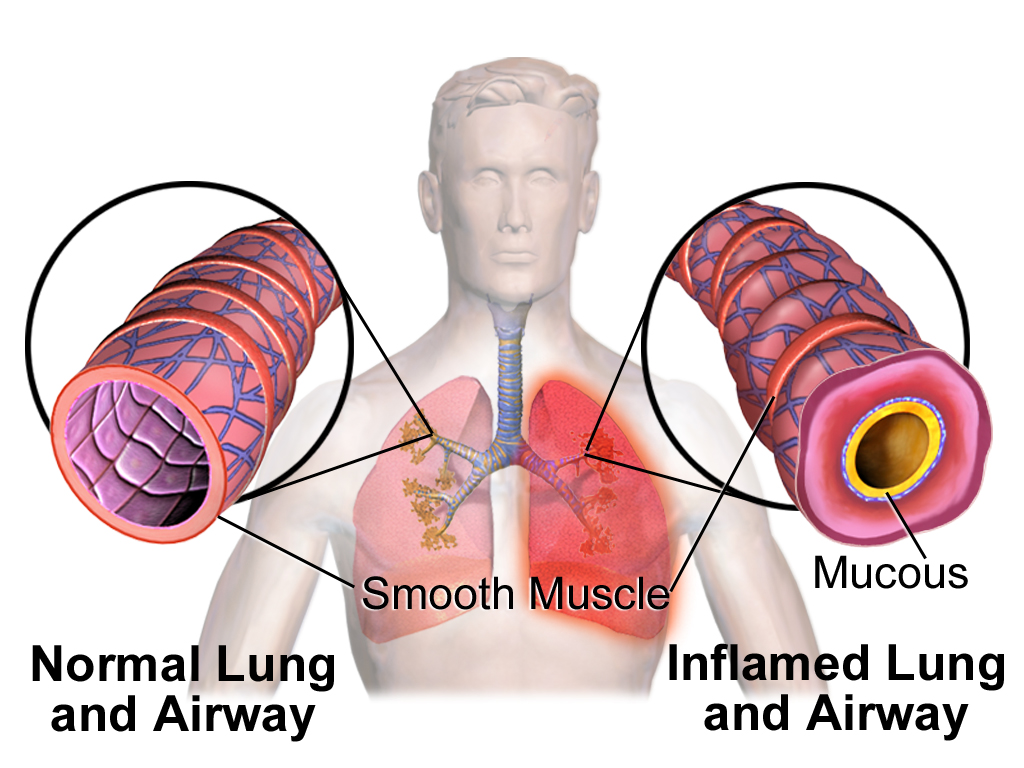
As we discussed earlier, heart and lung function are inextricably connected and both can significantly affect your ability to breath. As a result, heart and lung diseases cause many of the same major symptoms, particularly shortness of breath, low blood oxygen levels, and fatigue.
An unfortunate consequence of this is that chronic heart disease symptoms and COPD symptoms often overlap and compound with one another. Because of this, people with both diseases often have worse symptoms than those have either one of the diseases on its own.
This is most noticeable during physical exertion, which is the primary trigger for both heart disease and COPD symptoms. People with both conditions tend to get exhausted and oxygen-deprived faster, making it more difficult to tolerate physical activities or even do light tasks (like walking short distances) without feeling short of breath.
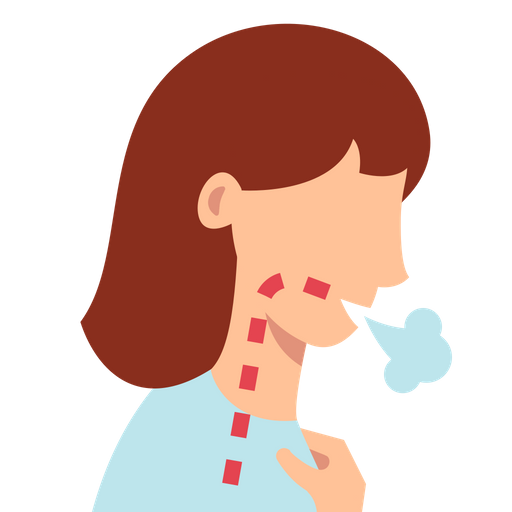
Difficulties with Diagnosis
Studies show that heart disease is severely under-recognized and under-diagnosed in COPD patients, while COPD is also under-recognized and under-diagnosed in people with heart disease. This is partially due to the fact that both diseases can cause nearly identical symptoms—namely shortness of with exertion, coughing, and fatigue.
Because of this, if you have one of the two diseases, it can mask the presence of the other. For example, a person with COPD is less likely to notice heart disease symptoms because they can easily “blend in” with the symptoms of COPD.
Even when heart disease does cause noticeable symptoms (like increased shortness of breath), it's often wrongly attributed to worsening COPD. As a result, COPD patients with heart disease symptoms are less likely to get tested for heart disease. In the same way, heart disease patients with breathing problems are less likely to get tested for COPD than people who have the same symptoms but don't have heart disease.
Because of this, a large percentage of people who have both COPD and heart disease get diagnosed with one condition but not the other. An estimated 17 percent of elderly adults with stable COPD have un-diagnosed chronic heart failure, while an estimated 20 percent of people with coronary artery disease have un-diagnosed COPD.
In recent years, experts have addressed this problem by advocating for more thorough disease screenings for people with heart disease and COPD. Unfortunately, extensive screenings are often expensive and time-consuming, making them difficult, impractical, or unappealing to many doctors and patients.
Treatment Quality

Studies show that people with COPD tend to receive less treatment for cardiovascular diseases than people without COPD. This is partially due the under-diagnosis of heart disease in COPD patients, but it remains true even for patients with diagnosed heart conditions.
For example, some studies show that COPD patients who are hospitalized for acute cardiovascular problems (e.g. heart attacks) are less likely to get testing or treatment for cardiovascular conditions. Some researchers believe that this poor quality of care is one of the reasons why people with COPD have an higher-than-average risk of death after being hospitalized for an acute cardiovascular event.
People with COPD and heart disease are also less likely to be prescribed beta-blockers (a standard medication used to treat heart disease) due to concerns about possible interactions with COPD medications. Though these concerns are most likely unfounded and the benefits of beta-blockers for heart disease are huge, many doctors still hesitate to prescribe them to patients with COPD.
Treatment Complexity

Experts have long been concerned that certain medications used to treat COPD may have negative effects on the heart and cardiovascular system that can make them dangerous for patients with COPD and heart disease. Having those medications be off-limits—or having to endure the elevated risk—can make it much more difficult to treat and manage COPD.
For example, oral steroid medications (such as prednisone) are a commonly prescribed to help COPD patients recover more quickly from COPD exacerbations. However, studies show that oral steroids can cause a range of adverse cardiac outcomes, including high blood pressure, high cholesterol, and an increased risk of heart failure.
This alone is enough to questions the safety of oral steroids in people with existing heart problems or high heart disease risk. Additional studies have confirmed this, finding that oral steroids (and possibly inhaled corticosteroids, too) can worsen heart disease symptoms, increasing fluid retention and shortness of breath.
Additionally, some COPD medications and heart disease medications have the potential to interact with one another, weakening or altering both medications' effects. Of particular concern are beta-agonists—a common class of medications used to treat COPD—and beta blockers, which are a common treatment for heart failure.

